
Vayikra: No Fear, Just Truth
Although Bava Ben Bota was a student of Shammai, he shunned “partisan interests” and admitted that the halacha was according to Hillel's opinion...

"…and he shall lean his hand on the head of the sacrificial animal…" (Leviticus 4:4).
Until the days of Hillel and Shammai, there were no disagreements about Jewish religious law – everything was clear, handed down from generation to generation since Moses on Mount Sinai. The very first Halachic debate was about smicha, when the Cohen leans with his hand on the head of the sacrificial animal as part of the atonement process. The School of Shammai said that one must not do smicha on Yom Tov, whereas the School of Hillel said that it should be done on Yom Tov. Even though Hillel and Shammai had tremendous respect for each other, their students lacked sufficient understudy and thereby fueled the fires of dissension.[1]
Since the burnt offering requires smicha, the Schools of Hillel and Shammai agreed that sacrificing burnt offerings on Shabbat was forbidden. Yet when it came to Yom Tov, they disagreed. Ultimately, Shammai's students muscled their way into the Holy Temple and didn't allow anyone to make a burnt offering – korban olah – on Shabbat.
The Yerushalmi Talmud tells us about Bava Ben Bota, a student of Shammai who knew that the halacha was like Hillel. Once, he came to the Holy Temple on Yom Tov and saw that the altar was empty. This  was a disgrace that he could not stand – is no one bringing sacrifices to Hashem? How can that be? He knew that Shammai's rabble-rousing students were not allowing people to make sacrificial offerings that required smicha. As such, people didn't bother coming to the Holy Temple on Yom Tov, the festival, when it's most important to come. Bava ben Bota declared, “May the homes of those who emptied the House of the Lord be empty”. What did he do? He took a prodigious some of money, bought 3,000 Kedar sheep of the highest quality, checked them all for blemishes and brought them to the Holy Temple. He then declared all through Jerusalem, “Listen, my brothers the House of Israel! Let anyone who desires to sacrifice a burnt offering come and do so, while performing smicha as well!”[2]
was a disgrace that he could not stand – is no one bringing sacrifices to Hashem? How can that be? He knew that Shammai's rabble-rousing students were not allowing people to make sacrificial offerings that required smicha. As such, people didn't bother coming to the Holy Temple on Yom Tov, the festival, when it's most important to come. Bava ben Bota declared, “May the homes of those who emptied the House of the Lord be empty”. What did he do? He took a prodigious some of money, bought 3,000 Kedar sheep of the highest quality, checked them all for blemishes and brought them to the Holy Temple. He then declared all through Jerusalem, “Listen, my brothers the House of Israel! Let anyone who desires to sacrifice a burnt offering come and do so, while performing smicha as well!”[2]
Bava ben Bota knew the truth and was determined to uphold it in Hashem's honor. No one dared to stand in the way of this holy tzaddik.
Let's take a closer look at Bava Ben Bota's unforgettable deed: Although he was a student of Shammai, he shunned “partisan interests” and admitted that the halacha was according to Hillel's opinion. By doing so, his action is a guiding light of what Torah and Halacha should be – devoid of arrogance, lust of victory, untruths or any other ulterior motives.
Bava Ben Bota exemplifies the Torah's commandment, “Fear No One.”[3] One who truly fears Hashem has nothing to fear from human beings, as my esteemed teacher Rabbi Shalom Arush shlit'a always says, “He who fears One, fears no one!” Bava ben Bota could have justifiably worried that Shammai's students would plot some type of retribution against him, yet he wasn't deterred. Indeed, he had no qualms in chastising Shammai's students, even though he had to sit with them every day in the study hall.
If that's not enough, Bava Ben Bota teaches us what true dedication means in performing a mitzva, for he surely served Hashem with all his heart and all his might. No obstacles discouraged him, for he invested all of his money and his energy in doing Hashem's will.
More than anything, Bava Ben Bota sanctified Hashem's Name in the purest manner. We learn here what one person is capable of accomplishing when he does something with all his ability and for Hashem's sake only. No wonder that tzaddikim like Bava Ben Bota are capable of tipping the scales in the direction of merit for all of Israel.
[1] See Tosephot Chagiga 16a, “Yosef ben Yoezer”
[2] Yerushalmi Beitza, Ch. 2, Halacha 4
[3] Deuteronomy 1:17


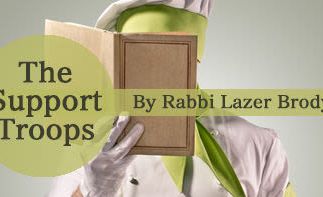



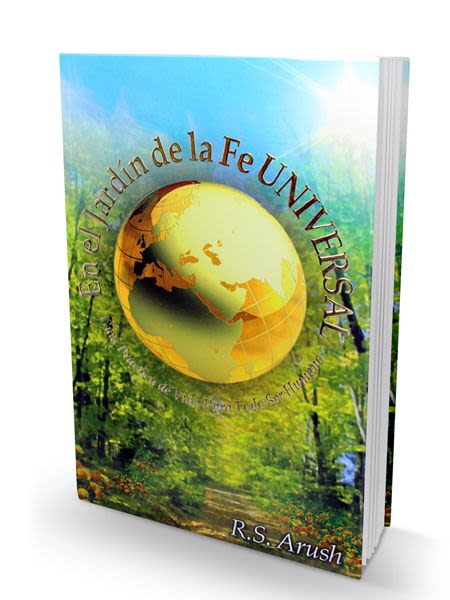
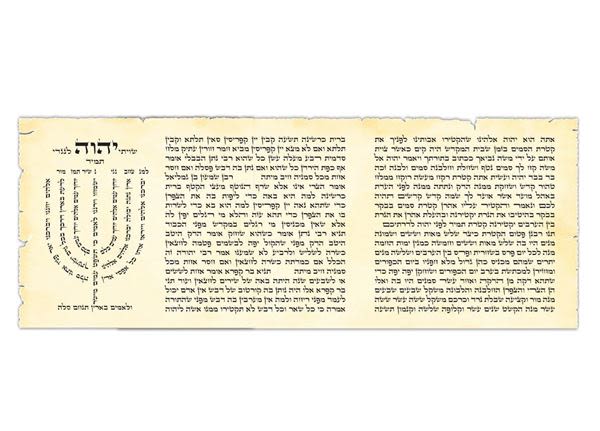
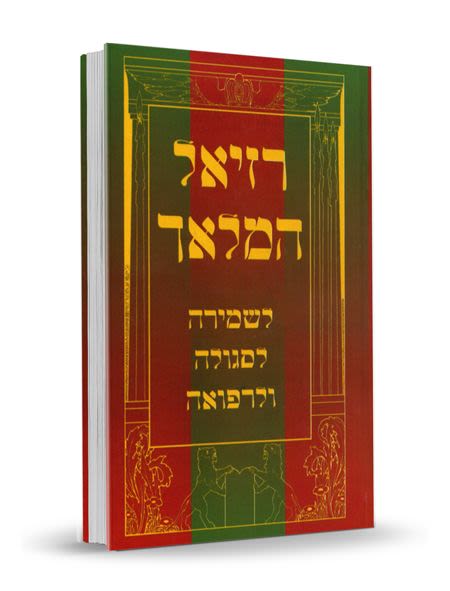
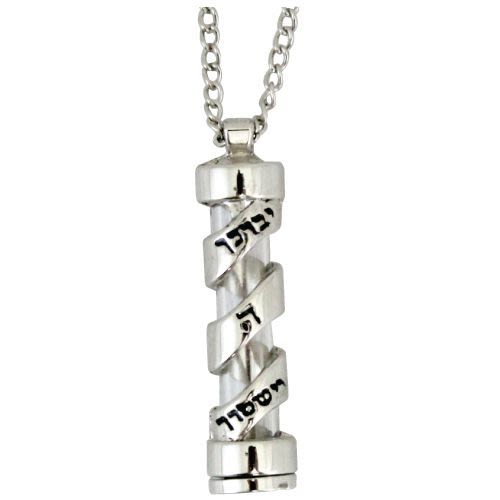
Tell us what you think!
Thank you for your comment!
It will be published after approval by the Editor.